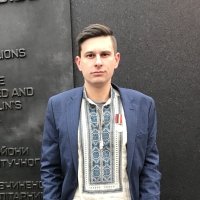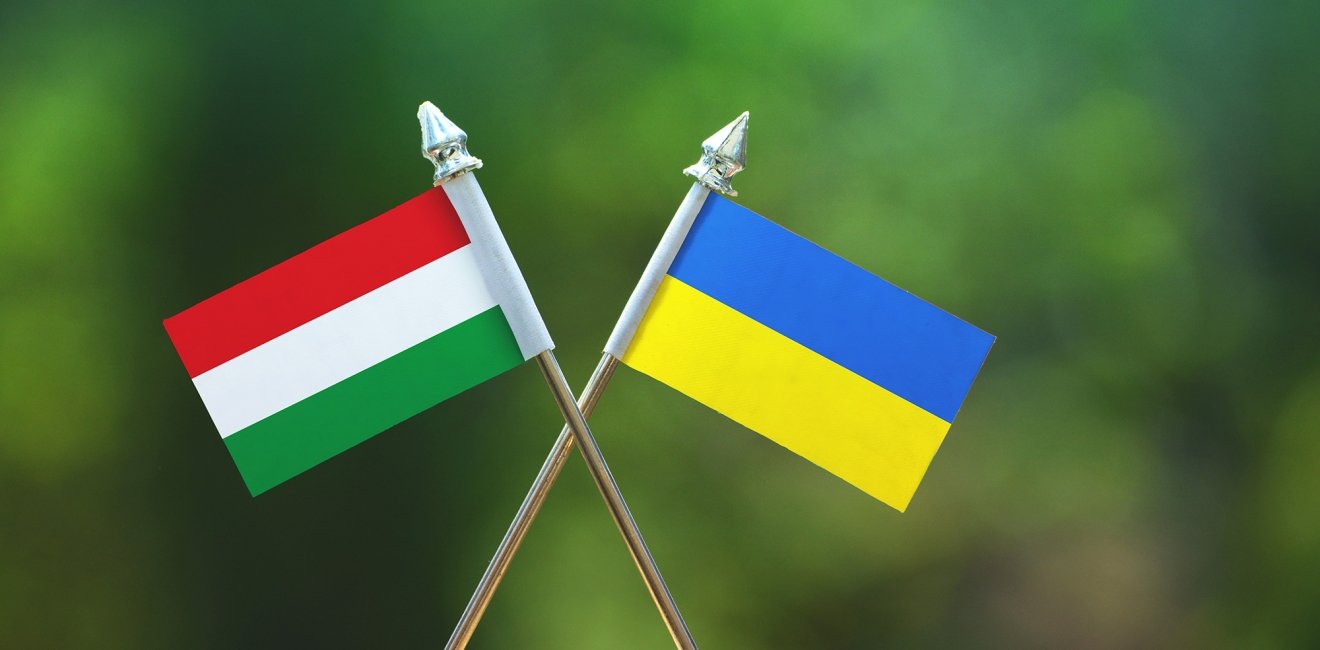
A blog of the Kennan Institute
BY MARK TEMNYCKY
After a three-year political dispute between Hungary and Ukraine, it appears the two countries have begun to mend their relationship.
Hungarian-Ukrainian relations took a contentious turn in September 2017 when then-Ukrainian President Petro Poroshenko signed a controversial language law. The bill stated that secondary education in Ukraine would be taught strictly in Ukrainian, although minority groups could still learn their respective languages in other classes. Poroshenko argued that the Ukrainian language law was “in harmony with European standards” and that it would raise the Ukrainian language’s status within “the education process.” Ukrainian authorities stated that the enforcement of the Ukrainian language would help minority groups integrate into Ukrainian society. Nevertheless, the law sparked outrage from the various ethnic minority communities in Ukraine.
The Parliamentary Assembly of the Council of Europe (PACE) voiced its concerns after the bill was signed, stating the law “did not create an appropriate balance between” the various languages spoken in Ukraine. PACE then offered seven recommendations on how Ukraine could modify its language law to be more inclusive toward minority groups, such as by providing more time during the transition period and improving the quality of Ukrainian language teaching. The Venice Commission presented these proposed amendments in December 2017.
Government officials from Ukraine’s neighboring states also voiced their concerns. In response to Ukraine’s language bill, Hungary—one of the language law’s most vocal critics—took a series of actions to block Ukraine’s integration efforts with the European Union (EU) and North Atlantic Treaty Organization (NATO). This is where the Hungarian-Ukrainian dispute began.
According to Hungarian authorities, the Ukrainian language law was discriminatory as it diminished the status of minority languages in Ukraine. Ukraine’s ethnic Hungarian community comprises nearly 160,000 people, or 0.3% of Ukraine’s total population. This minority group is concentrated in the Transcarpathian region near the Hungarian-Ukrainian border, and many of these residents hold dual Hungarian-Ukrainian citizenship (though the Ukrainian government does not formally recognize dual citizenship).
The election of Volodymyr Zelensky as the new president of Ukraine, however, has seen a turn in the Hungarian-Ukrainian relationship. In April 2019, prior to Zelensky’s appointment, Ukraine passed a new education law which stated that Ukraine’s secondary schools would be permitted to use minority languages. Ukrainian remained the official language in the classroom, but the law meant that minority groups would now be allowed to use their own languages in these education settings.
Zelensky then worked to comply with the recommendations proposed by the Venice Commission on Ukraine’s language law, where he notably met with NATO Secretary General Jens Stoltenberg to discuss these issues. As of October 2019, Ukraine has amended its education law by implementing six of the Venice Commission’s seven recommendations. Most recently, Ukrainian Foreign Minister Dmytro Kuleba reassured Hungary and the Venice Commission that Ukraine would implement this seventh recommendation, although this would be at a later date. The Ukrainian government’s willingness to interact with these international bodies has demonstrated to the Hungarians that the Ukrainians were actively working to resolve this issue, and these efforts have begun to mend the Hungarian-Ukrainian relationship.
During a trip to Hungary earlier this year, Kuleba expressed that now was the time to “open a new chapter in [Ukraine’s] bilateral relations” with Hungary. Hungarian Minister of Foreign Affairs and Trade Péter Szijjártó agreed, stating that he had hoped Ukraine’s language controversies were now resolved. Both governments also expressed their desire to draft a joint declaration on the Hungarian community in western Ukraine. The provisions discussed included integrating the Hungarian minority group into Ukrainian society, upholding the minority group’s language and culture in the Transcarpathia region, and turning this community into a “success story” for Hungarian-Ukrainian relations. Hungary also stated that it would support economic and infrastructure programs in Ukraine. The most important and recent development, however, was Szijjártó’s announcement that Hungary was now looking into lifting its veto on the NATO-Ukraine Commission. “[A]s soon as the issues related to the right to education of the Hungarian ethnic minorities are settled, we will lift the veto and ensure a NATO-Ukraine meeting,” Szijjártó declared.
Following their discussions, Kuleba invited Szijjártó to visit Ukraine, barring any travel restrictions imposed by the coronavirus pandemic. The foreign ministers of both countries further discussed it at the Hungary-Ukraine bilateral agreement on September 23.
Overall, Hungarian-Ukrainian relations have been sour over the past few years, but it appears that both states are now working together to resolve their disputes. The efforts of these two governments have demonstrated that they are willing to cooperate to achieve a greater goal, and Prime Minister Viktor Orbán and Ukrainian President Zelensky have even expressed their desire to meet with one another to normalize Hungarian-Ukrainian relations.
Should Ukraine amend its language and education laws to the satisfaction of the Hungarians, and should Hungary lift its veto on Ukraine’s integration efforts with the EU and NATO, this would be a major success. Ukraine would gain an important ally in these Western alliances, and the EU and NATO would gain a strategic partner in the region. The possibilities and benefits of these mutually beneficial relationships are endless.
The opinions expressed in this article are those solely of the author and do not reflect the views of the Kennan Institute.
Author


Kennan Institute
After more than 50 years as a vital part of the Wilson Center legacy, the Kennan Institute has become an independent think tank. You can find the current website for the Kennan Institute at kennaninstitute.org. Please look for future announcements about partnership activities between the Wilson Center and the Kennan Institute at Wilson Center Press Room. The Kennan Institute is the premier US center for advanced research on Eurasia and the oldest and largest regional program at the Woodrow Wilson International Center for Scholars. The Kennan Institute is committed to improving American understanding of Russia, Ukraine, Central Asia, the South Caucasus, and the surrounding region through research and exchange. Read more

Explore More in Focus Ukraine
Browse Focus Ukraine
Talking to the Dead to Heal the Living

Ukrainian Issue in Polish Elections


